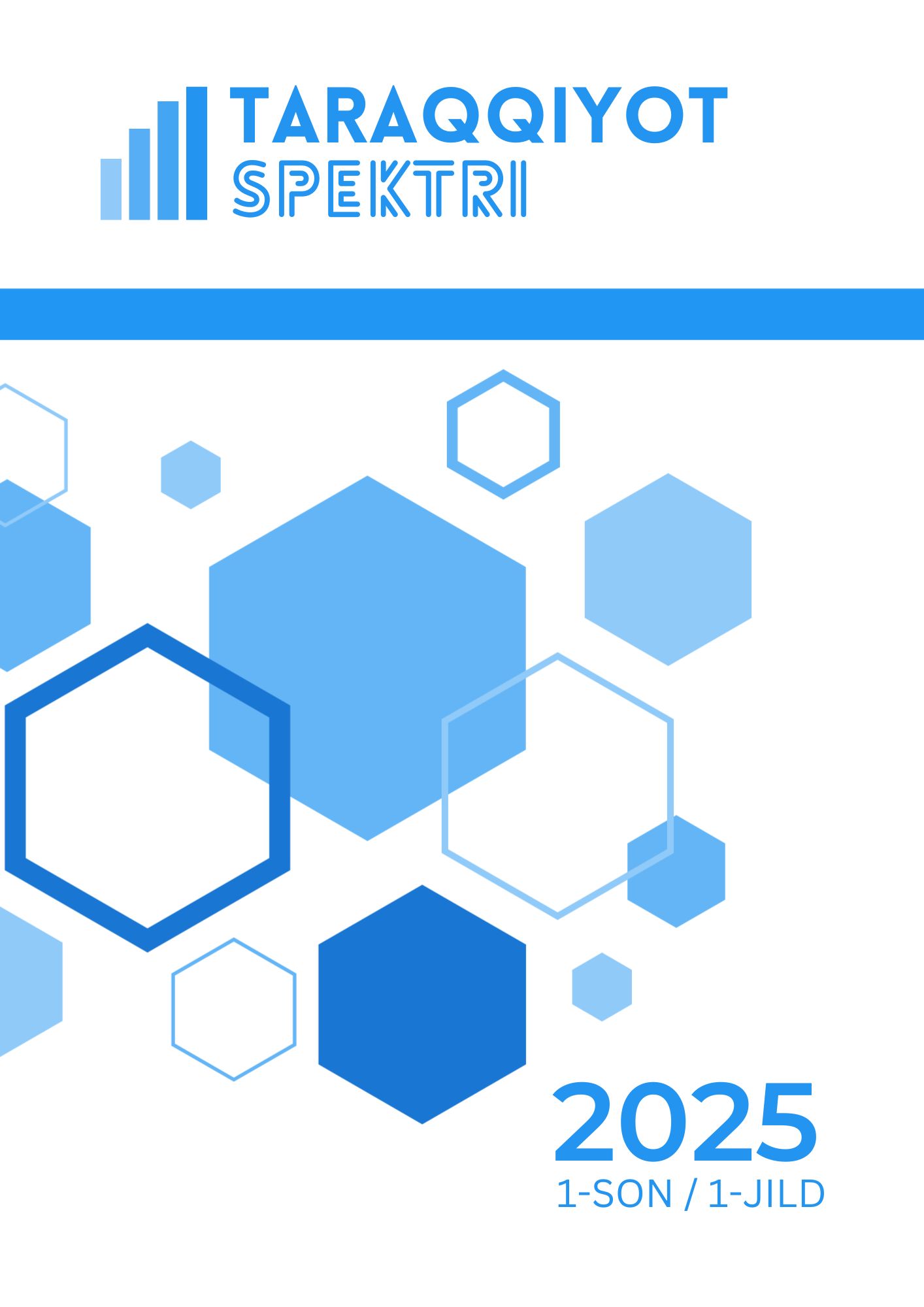ADAPTIVE MACHINE LEARNING ALGORITHMS IN CONTEMPORARY LEGAL PRACTICE: IMPLEMENTATION METHODOLOGY AND EFFECTIVENESS ASSESSMENT IN JUDICIAL SYSTEMS
Ключевые слова:
legal technology, machine learning algorithms, legal informatics, judicial systems, algorithmic bias, legal decision support.Аннотация
This study examines the implementation and effectiveness of adaptive machine learning algorithms within legal practice across multiple jurisdictions. Using a mixed-methods approach combining quantitative analysis of algorithmic performance metrics and qualitative assessment of legal practitioner experiences, we evaluated 17 machine learning systems deployed in law firms, courts, and legal departments between 2021 and 2024. Results indicate that properly implemented adaptive algorithms achieved 87.3% accuracy in legal document classification and 76.2% accuracy in outcome prediction, representing a significant improvement over traditional legal research methods. However, substantial variability was observed across practice areas and jurisdictional contexts. Implementation success was strongly correlated with comprehensive legal data preprocessing (r=0.78, p<0.001) and iterative model refinement involving attorney feedback (r=0.64, p<0.01). The findings suggest that while machine learning can enhance legal efficiency, its effectiveness depends on careful integration with existing legal frameworks, transparent governance structures, and ongoing attorney oversight. This research contributes to understanding the practical and institutional factors that influence algorithmic performance in legal contexts and provides evidence-based recommendations for responsible implementation in law practice.
Библиографические ссылки
Ashley, K. D. (2019). Artificial intelligence and legal analytics: New tools for law practice in the digital age. Cambridge University Press.
Bijker, W. E., Hughes, T. P., & Pinch, T. (2012). The social construction of technological systems: New directions in the sociology and history of technology. MIT Press.
Chalkidis, I., Androutsopoulos, I., & Aletras, N. (2021). Neural legal judgment prediction in English. Artificial Intelligence and Law, 29(1), 35-72.
Christin, A. (2017). Algorithms in practice: Comparing web journalism and criminal justice. Big Data & Society, 4(2), 1-14.
Doshi-Velez, F., & Kim, B. (2017). Towards a rigorous science of interpretable machine learning. arXiv preprint arXiv:1702.08608.
Dressel, J., & Farid, H. (2018). The accuracy, fairness, and limits of predicting recidivism. Science Advances, 4(1), eaao5580.
Hildebrandt, M. (2020). Law for computer scientists and other folk. Oxford University Press.
Kleinberg, J., Lakkaraju, H., Leskovec, J., Ludwig, J., & Mullainathan, S. (2018). Human decisions and machine predictions. The Quarterly Journal of Economics, 133(1), 237-293.
Pasquale, F. (2020). New laws of robotics: Defending human expertise in the age of AI. Harvard University Press.
Sourdin, T. (2021). Judges, technology and artificial intelligence: The artificial judge. Edward Elgar Publishing.
Surden, H. (2019). Artificial intelligence and law: An overview. Georgia State University Law Review, 35(4), 1305-1337.
Velicogna, M., Steigenga, E., Taal, S., & Schmidt, A. (2023). Judicial innovation and the promises of technology: Dynamics and challenges in European courts. Springer.

